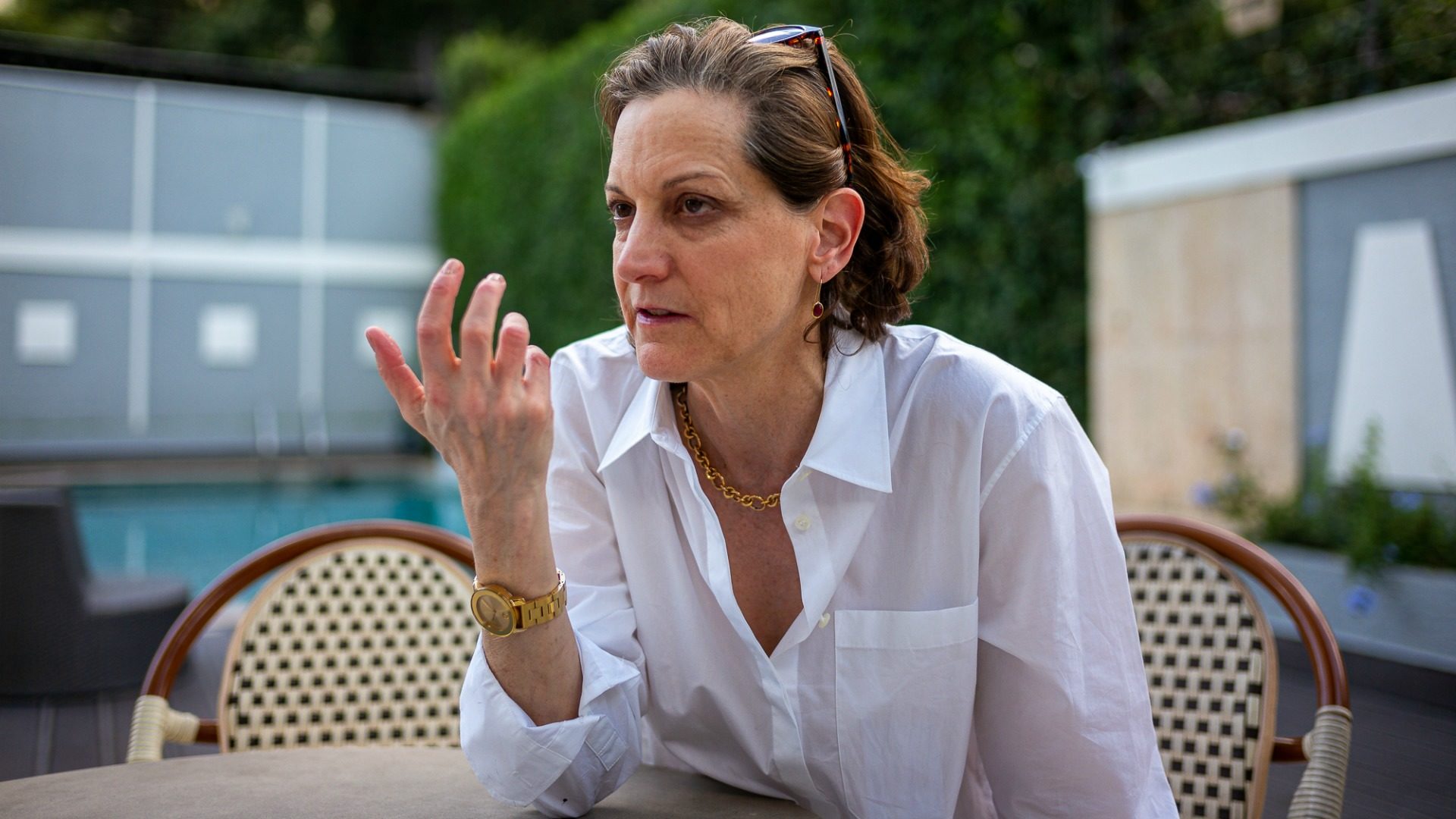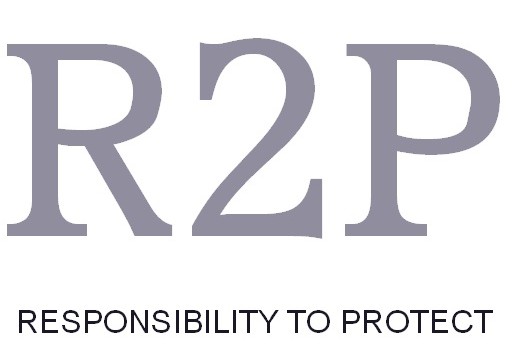In the suggestive work “Be the narrative. How changing the narrative could revolutionize what it means to do human rights”, Krizna Gómez and Thomas Coombes give some ideas to face populist rhetoric, that has been pushing back the core values of human dignity, from the United States to Turkey, India, Russia, and Venezuela. Although its message is focused on NGO activists, the approach can be useful for the entire Venezuelan democratic movement in the absence of a promise of future that is more attractive and seductive for the majorities than the delusions emanating from Bolivarianism. The authors understand populisms as the political processes with two fundamental components: The anti-plurality in promoting discrimination as cement for their support base. Secondly, populism bases its performance on a supposed confrontation against “Elites” defined by the charismatic leader, responsible for everything bad that happens in the country.
How to face the populists? First, understanding their strategies. Gómez and Coombes have grouped them into three main types: Controversy, crisis, and conflict. They affirm “Populists thrive in the controversy because in such environments they exaggerate their importance: a firm hand amid confusion and uncertain projections about the future. Also, by promoting confusion in the imagination of the public, they distract attention from the breach of their promises”.
They say the crisis, real or invented, is a mechanism of cohesion of their followers behind the incontestable authority of the leader, functional to the repeal of rights and persecution of dissent. Finally, about the conflict, they point out: “Populists model their identity as an opposition to something or someone.” Unlike the authoritarianism and dictatorships of the past, which aspired to the physical elimination of their adversaries, modern populists need the existence of that “other”, whose antagonism justifies exceptional measures – which end up becoming permanent – to perpetuate themselves in power.
To face these strategies narratively, the authors propose to respond with an opposite value: the controversy with the culture, the crisis with the cooperation, and conflict with the reconstruction of the community. Instead of automatically reacting to populist messages, they advise creating alternative message frames since refutation on their own terms, for example, “human rights defenders are not imperialists,” means reinforcing the very concept of being managed by foreign interests and leaving suspicion in the air, precisely the objective of populist situational rooms.
How are these types of messages built? By understanding the logical and subjective component of people: “Human beings understand the world around them through a combination of emotional and rational thinking, but brain science increasingly shows us that subconscious emotional thinking is the more dominant of the two, even in rational domains such as laws (…) If we think we are using neutral, scientific or legal language, our words can be interpreted by others in the way we do not expect”.
Next, the authors explain the components of the public spokesmanship that must be taken into account for the elaboration of a counter-discourse to populism: Stories, narratives, and frames. Stories shape how a specific moment or event is told. When they are repeated, the stories begin to form a consistent narrative. For its part, a narrative would be “how events or stories connect and present themselves to form a new belief, a common-sense understanding of what is happening”.
Finally, a framework would be the “Words, images, metaphors or other triggers that make the audience interpret a story through a certain narrative.” When people find new ideas, information, stories or experiences, they interpret them using the existing narrative frameworks that these stimuli activate in their brain. These frames are found in the minds of our audience if we activate them consciously or inadvertently. As the political strategist Frank Luntz writes: “You can have the best message in the world, but the person who receives it will always understand it through the prism of their own emotions, preconceptions, prejudices, and preexisting beliefs.”
As the authors make it clear enough in their work, it is not suggested that formulating a politically correct language, or achieving viral slogans, will magically transform reality: “Showing is much more powerful than telling”.
They say what we do is the narrative, and what we say is simply the attempt to frame it. Is the movement for democracy in Venezuela prefiguring, here and now, the model of society that we want for the future? Fragmentation and current infights suggest otherwise. Civil society organizations could begin to reverse the segregation, the main victory of the madurista dictatorship if it begins to reconstruct the sense of belonging to Venezuela as a community. An incessant promotion of cooperation and shared cultural experiences could begin to heal the fissures that the anthropological damage has created in the associative fabric that allows a broader common political action for change.




